Advances in Technologies track to highlight emerging tools, new insights
//
Estimated Read Time:
Increasingly robust machine learning and computational innovations are rapidly transforming all areas of cancer research. The American Association for Cancer Research Annual Meeting 2024 features a special track of sessions focused on the various ways researchers are utilizing these emerging tools.

“New technologies have historically been a catalyst for dramatic advances in cancer research,” said Annual Meeting Program Committee Member Victor E. Velculescu, MD, PhD, FAACR. “This year our focus in these sessions on new approaches, including utilizing artificial intelligence, will be highly informative for cancer screening and early detection. The impact we could make on reducing cancer mortality is huge.”
Seven Advances in Technologies sessions will be held from Sunday, April 7, through Tuesday, April 9, at the San Diego Convention Center. Recordings of the sessions will also be available on-demand via the Virtual Meeting Platform through July 10.
Session details and descriptions are listed below. For the most up-to-date information, download the Annual Meeting app or visit the online program planner.

AT01: Unlocking Spatial Complexity: Harnessing Machine Learning for Spatial Biology Insights
Sunday, April 7, 1 – 2:30 p.m. PT
Ballroom 6 CF, Upper Level, Convention Center
Session Chair: Raphael Gottardo, PhD, CHUV Lausanne University Hospital, Switzerland
Recent advances in spatial technologies are transforming the understanding of genes and proteins in tissues, enabling detailed analysis at both cellular and subcellular levels. These breakthroughs yield profound insights from patient samples, such as tumor biopsies, which are instrumental in the selection of cancer treatments and the comprehension of treatment responses. This session will begin by focusing on how to decode complex datasets and navigate computational challenges and technologies. Another presentation will look at forecasting immunotherapy biomarkers with spatial multi-omics. And the final presentation will highlight MOSAIC, a multi-omic spatial atlas in cancer to enable precision oncology.
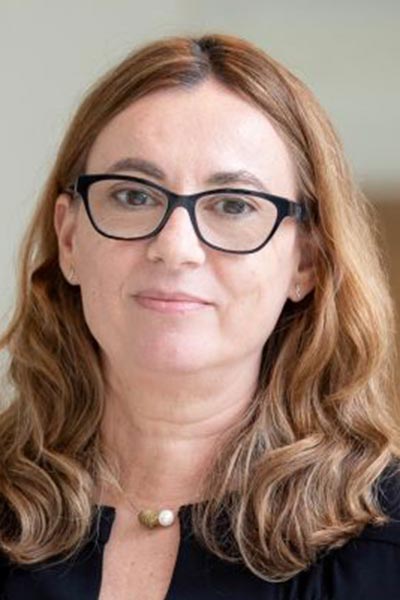
AT06: Systematic Functional Approaches for Understanding and Targeting Cancer
Monday, April 8, 10:15 – 11:45 a.m. PT
Ballroom 6 CF, Upper Level, Convention Center
Session Chair: Francisca Vazquez, PhD, Broad Institute
Cancer is a complex disease that involves numerous alterations at the genomic, molecular, and microenvironmental levels. This session will introduce approaches that go beyond identifying the presence of these alterations to understand how they affect the behavior of cancer cells, contribute to the disease’s development and progression, and lead to the emergence of new vulnerabilities. Presenters will discuss how they are mapping the landscape of cancer vulnerabilities and how they are using a multiplex prime-editing framework for identifying drug resistance mutations at scale. Speakers will also present functional and computational approaches to uncover selection advantages of cancer aneuploidy and look at single-cell phenoscaping of tumor microenvironment organoids.
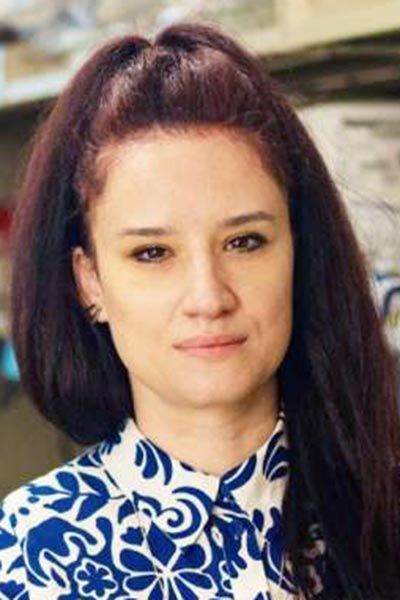
AT05: Novel Experimental Models for Functional Precision Genomics
Monday, April 8, 12:30 – 2 p.m. PT
Ballroom 20 CD, Upper Level, Convention Center
Session Chair: Alice Soragni, PhD, University of California Los Angeles (UCLA)
Patient-derived organoid models (PDOs) are becoming critical tools for exploring the correlation between tumor genotype and phenotype in clinically relevant contexts. This session will present research focused on leveraging PDOs as tools to investigate functional genomics, tumor dependencies, T-cell activity, and personalized medicine. Presenters will look at the organoid human immunity model in motion, examine heterogeneity and genetic diversity in patient-derived organoid models from rare benign and malignant tumors, and discuss the development of the Organoid Cancer Dependency Map.
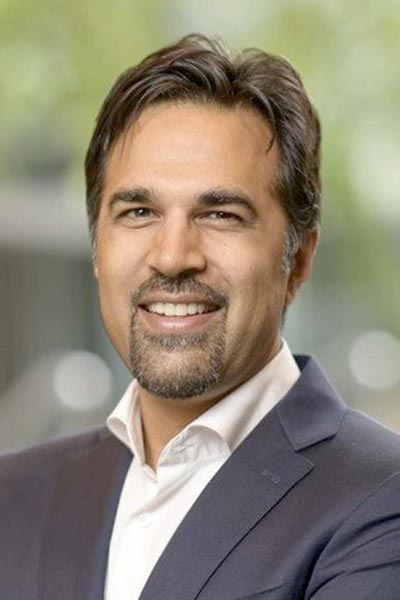
AT03: Frontiers in Computational Oncology: Harnessing Multimodal Data for Biological Insight
Tuesday, April 9, 10:15 – 11:45 a.m. PT
Ballroom 20 CD, Upper Level, Convention Center
Session Chair: Sohrab Shah, PhD, Memorial Sloan Kettering Cancer Center
This session will focus on approaches that are pushing the limits of computational oncology, with presentations exploring multimodal integration at the level of real-world patient data and single cells, multimodal artificial intelligence-based biomarkers in precision oncology, and integrating radiology in multi-omic models. A general discussion following individual presentations will offer the opportunity for additional insights.
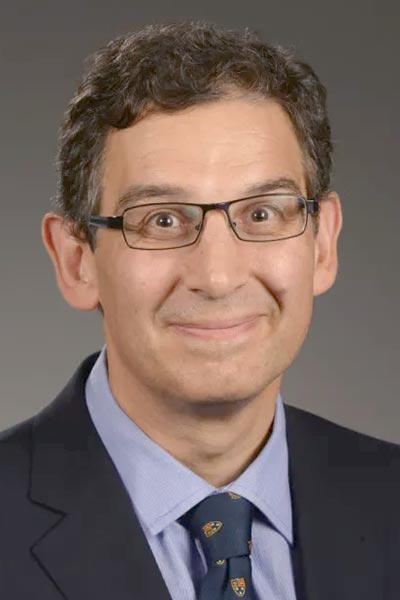
AT04 – Mutational Processes in Cancer: From Replication Stress to Complex Genomic Rearrangements
Tuesday, April 9, 12:15 – 2 p.m. PT
Room 29, Upper Level, Convention Center
Session Chair: Samuel Aparicio, BM, BCh, PhD, BC Cancer Research, Vancouver, Canada
This session will examine the latest understanding of mutational processes in cancer that has emerged as a result of new technologies. Presentations will explore replication stress as a driver of cancer genome evolution and the evolutionary dynamics of whole-genome doubling in ovarian cancer. Speakers will also discuss the understanding of complex structural variant mutational processes in cancer through long molecule genome profiling and look at single cell origins and consequences of gene dosage mutations.
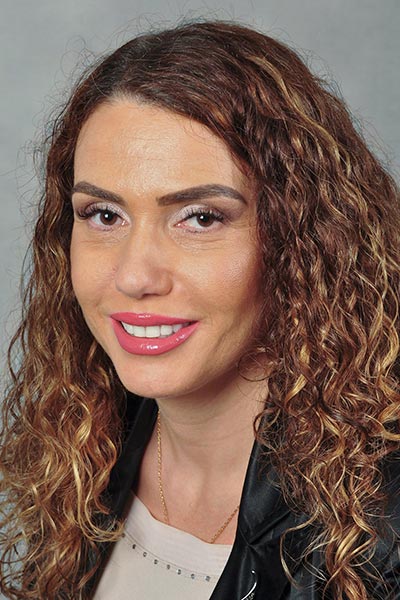
AT02: Accelerating Precision Oncology through AI: Impact of Computational Pathology and Generative AI on Personalized Medicine
Tuesday, April 9, 12:30 – 2 p.m. PT
Room 30, Upper Level, Convention Center
Session Chair: Tamara Jamaspishvili, MD, PhD, SUNY Upstate Medical University
The session will focus on different aspects of using artificial intelligence, computational pathology, and more recently developed cutting-edge applications such as generative AI, large language models, and foundation models. Presenters will cover the benefits of moving from qualitative to quantitative practices, as well as leveraging computational pathology and AI tools for improving diagnostics or prognosis and, subsequently, clinical decision-making. In addition, speakers will present promising new examples of exploring virtual clinical trials and diagnosing cancers of unknown origin.
AT07: New Liquid Biopsy Technologies for Detection and Characterization of Cancer
Tuesday, April 9, 12:30 – 2 p.m. PT
Ballroom 20 CD, Upper Level, Convention Center
Session Chair: Victor E. Velculescu, MD, PhD, FAACR, Sidney Kimmel Comprehensive Cancer Center
Cell-free DNA (cfDNA) in the blood provides a non-invasive avenue for screening and diagnosis of patients with cancer. This session will focus on new technologies and applications that have emerged to analyze molecular changes in the circulation of cancer patients, including tumor-specific methylation profiles, mutational signatures, and genome-wide fragmentation of cfDNA. Presenters will provide insight into the biological basis of changes in cfDNA and approaches for early cancer detection, therapeutic stratification, and non-invasive detection and monitoring of response to targeted or immune therapies.




